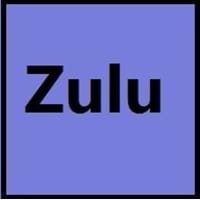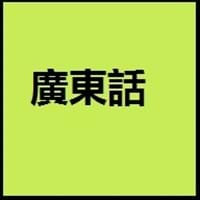Zulu and Cantonese
- The meaning of word "Zulu" means "Sky"and Zulu was the name of the ancestor who founded the Zulu royal line in about 1670.
- Zulu language has many loanwords borrowed from Afrikaans and English Languages.
- Cantonese have lot of slangs, many of them include words that do not make sense at all and some also have English in them.
- Even though Cantonese and Mandarin are dialects of Chinese, Cantonese has 8 tones instead of Mandarin's 4.
All Zulu and Cantonese Dialects
Most languages have dialects where each dialect differ from other dialect with respect to grammar and vocabulary. Here you will get to know all Zulu and Cantonese dialects. Various dialects of Zulu and Cantonese language differ in their pronunciations and words. Dialects of Zulu are spoken in different Zulu Speaking Countries whereas Cantonese Dialects are spoken in different Cantonese speaking countries. Also the number of people speaking Zulu vs Cantonese Dialects varies from few thousands to many millions. Some of the Zulu dialects include: Qwabe, central KwaZulu-Natal Zulu. Cantonese dialects include: Guangzhou , Xiguan. Also learn about dialects in South American Languages and North American Languages.
Zulu and Cantonese Speaking population
Zulu and Cantonese speaking population is one of the factors based on which Zulu and Cantonese languages can be compared. The total count of Zulu and Cantonese Speaking population in percentage is also given. The percentage of people speaking Zulu language is 0.16 % whereas the percentage of people speaking Cantonese language is 16.00 %. When we compare the speaking population of any two languages we get to know which of two languages is more popular. Find more details about how many people speak Zulu and Cantonese on Zulu vs Cantonese where you will get native speakers, speaking population in percentage and native names.
Zulu and Cantonese Language Codes
Zulu and Cantonese language codes are used in those applications where using language names are tedious. Zulu and Cantonese Language Codes include all the international language codes, glottocodes and linguasphere.





